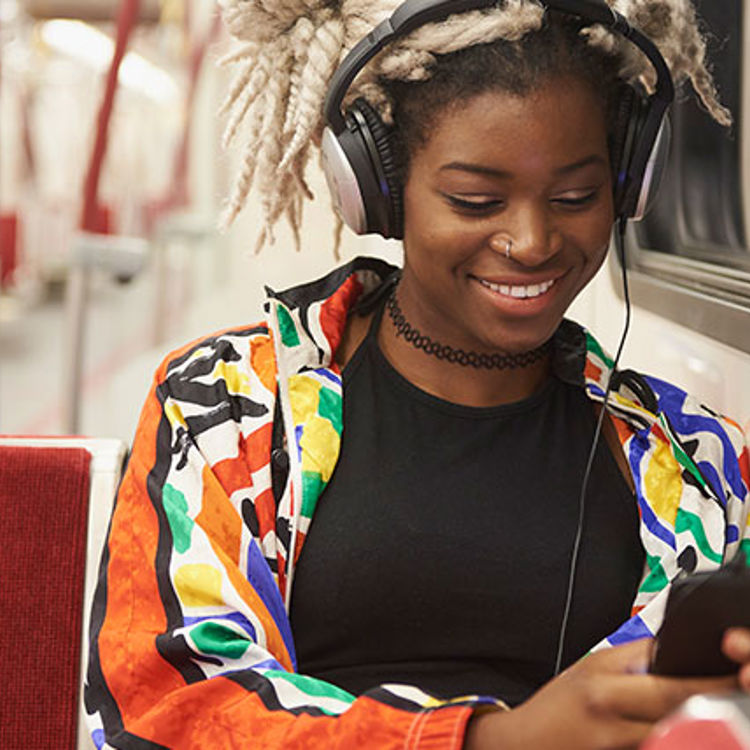Recommended Insights
Global Economic Forecasts: 2024 Outlook
14 February 2024Women’s Health: Achieving Optimal Wellness Through Nutrition
21 December 2023Latest Content
ByteDance - TikTok’s Parent’s Financial Expansion Objectives: Where Does Union Mobile Pay Acquisition Fit?
15 Apr 24In April 2024, ByteDance was reported to acquire Union Mobile Pay (UMP) for CNY1.4 billion (USD200 million), pending regulatory approval. ByteDance operates popular social media and commerce platforms (TikTok and Douyin). This article analyses its strategic objectives of financial expansion, and the key threats and opportunities in relation to financial industries. UMP is considered to be a key chess piece of the game.
ICBC Barcelona: Mitigating Uncertainty in Legal Cannabis
15 Apr 24This year’s ICBC Barcelona took place in March, in the shadow of uncertainty. The legal cannabis industry has been struggling against several headwinds – lack of regulatory momentum, continued consumer ambiguity and capital constraints – which are collectively clouding the outlook for operators in one of the world’s youngest consumer sectors.
Fashion Marketplaces in Europe: Challenges and Opportunities Ahead
12 Apr 24During the COVID-19 pandemic, apparel and footwear e-commerce witnessed a strong boost in sales, as customers were forced to turn to online shopping owing to restrictions and store closures. Yet, since the easing of restrictions, in-store shopping has bounced back and, with it, the share of online sales dropped. This has left many luxury online players struggling under the pressure of either slowing or declining sales.
Future of Consumption: Unlocking Gen Z Behaviour
12 Apr 24Generation Z, comprising 23.2% of the global population in 2023, is poised to wield significant consumer influence. However, their polarised behaviours toward social activism, technology, and spending present challenges for businesses. This article suggests leveraging Gen Z's key values - empowerment, self-expression, belonging, rationality, and retreat - to tackle dichotomous behaviours and build a future-proof customer base.
Key Trends for Cannabis in Japan: Law Amendments and New Opportunities in CBD Market
12 Apr 24Euromonitor International’s latest research in 2023 reveals a staggering growth in the Japan’s cannabis market over the past four years, expanding approximately sixfold from JPY4 billion (USD26.3 million) in 2019 to JPY24 billion (USD173.8 million) in 2023. This surge is attributed to the rising demand for products offering relaxation, sleep improvement, and stress relief.
Unleashing the Power of Play: Gamification Brings the Fun In-Store
11 Apr 24With consumers rethinking their spending and retailers actively looking to revitalise their operations to increase their store appeal and sales, gamification elements as part of loyalty programmes stand as a powerful tool to facilitate engagement and in-store experiences, while enhancing the overall shopping journey.
Upcoming Events
Latest Webinars

Customer Loyalty in the MEA Region
Loyalty programmes are a powerful tool that can help you build strong customer relationships. Sign up for this webinar to gain insights on the MEA landscape and how you can transform your loyalty strategy in the region. You’ll get actionable takeaways to enhance customer retention and drive growth.
Explore More
2024 Consumer Trends to Watch
Join this webinar to uncover the biggest consumer trends in 2024. Learn about lifestyle and digital shifts that’ll impact your business strategy. Register now.
Explore More
Mastering E-Commerce Growth: How to Win Online Amid Uncertainty
E-commerce growth is coming down from pandemic-driven highs and achieving a new level of maturity.
You need to become savvier when deploying tactics to reach and engage with digital consumers to grow your online market share. Knowing where companies are winning online is crucial to sharpening your digital strategy.
Explore More






